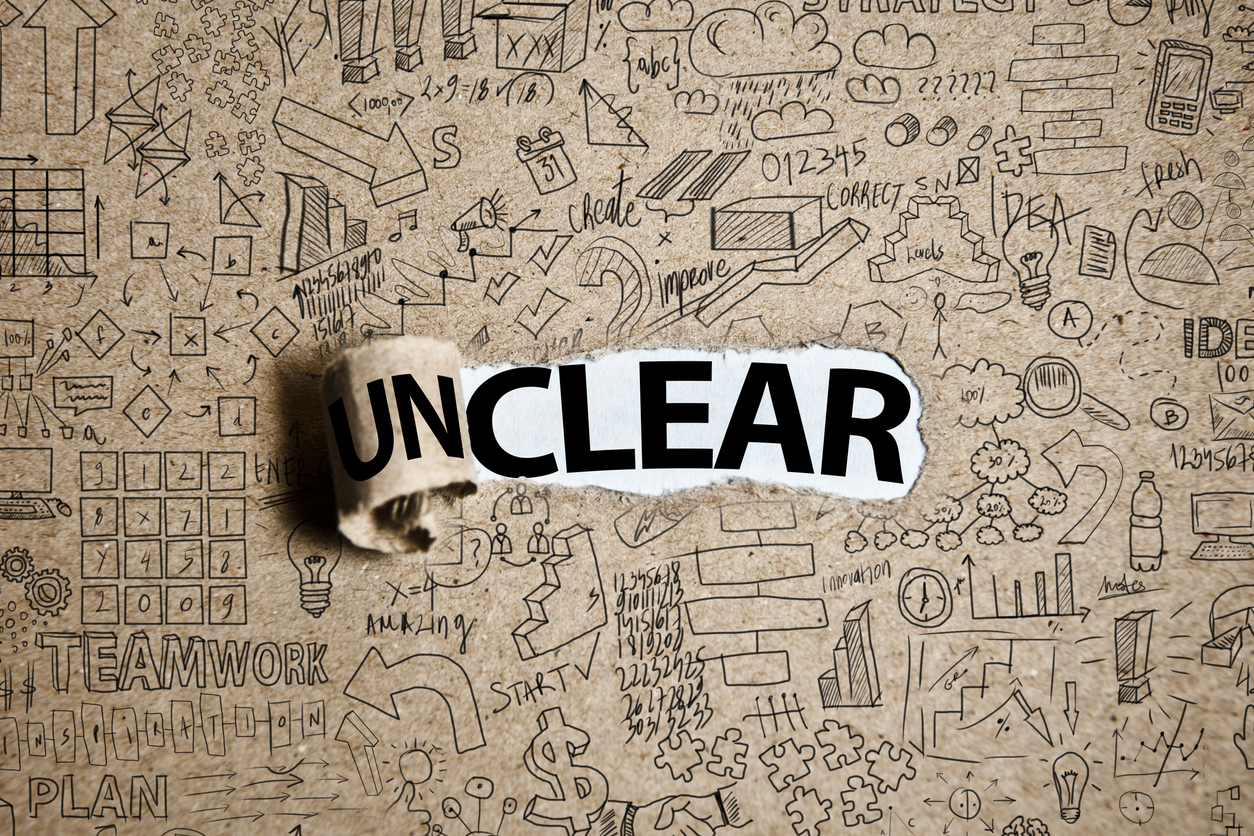(Note: This Guest Blog is the third of a thirteen part series on examination under oath).
“Sunshine State hereby requests you to submit to an examination under oath which will be held at the residence premises of the insured.” This is a common request to policyholders by Sunshine State. Of course, as a former insurance defense attorney I know that the carrier’s intention is to turn the EUO into a dog and pony show. That is, they will have the policyholder take defense counsel on a guided tour of the damage to the property, and if the policyholder fails to point out any of the covered loss, the carrier will hold that against the policyholder as if it were an intentional act of concealment.
Is such a request binding on the policyholder? Must an insured “submit” to the whim of the insurance company and appear for an examination wherever the carrier requests or be considered to fail to comply with post-loss obligations?
The primary place to look for such information is in the policy itself. Policies must be looked at in their plain language as would be stood by an ordinary person. Thus, does the policy say the EUO may be held at the policyholder’s insured premises? Unfortunately, policies are usually silent as to the potential location of the examination.
Policy language may be equally scrutinized as to what it does not say. For example, when Sunshine State requests that one of my clients sit for an EUO at their residence, knowing full well that the intent is not in the policyholder’s best interest, I tell the carrier that the post-loss obligations call for the insured to sit for an EUO at the insurer’s request and to show the damaged property as many times as reasonably required, but the plain language of the policy does not call for the insured to submit to an EUO while showing the damaged property.
What are the rules for where EUOs may be held? Depositions, for example, are governed by the Rules of Civil Procedure, but as defense counsel are so fond of asserting, EUOs are contractual arrangements which are not governed by the Rules of Civil Procedure. Nor is there a statute which speaks to EUO locations. Hmmm… what does case law say?
A survey of Florida law revealed a strange bedfellow for policyholders in terms of where EUOs may be conducted. Last week’s blog focused on what happens if the policyholder refuses to sit for an EUO. Unfortunately, case law is clear that failure to sit for an EUO is a material breach of the policy’s terms which may lead to denial. Specifically, every insurance defense lawyer loves to quote from Goldman vs. State Farm, 660 So2d 300 (4th DCA 1995) in saying just that: no EUO, no recovery. But a close reading of Goldman reveals a pearl for the policyholders.
The court in Goldman also held that examinations under oath must take place at, “A mutually convenient time and place as contemplated by the policy.” In essence, though the typical policy’s plain language is silent toward a specific location, the cooperation implied by the policy lends to the need for examinations to be coordinated mutually and conveniently. A very important point to emphasize when the insurers demand an EUO.
Tune in next week when we discuss who exactly may be compelled to sit for EUOs.



